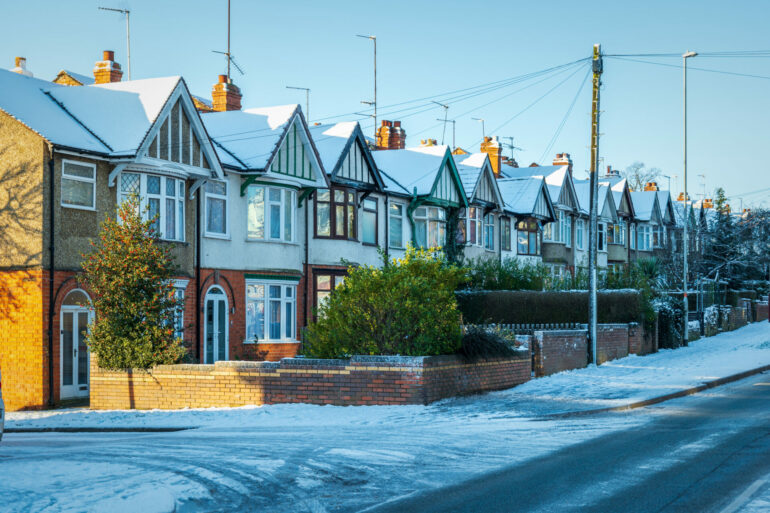Approximately half of first-time buyers in their 20s have received financial help in order to buy their home, according to research by the Institute for Fiscal Studies (IFS).
Those getting help received an average of £25,000, making up almost half of their deposit.
The research found that the homeownership rate for those aged between 25 and 39 whose parents owned their own home fell from 60% in 2009 to 51% in 2019.
Among those whose parents rented their home, it fell from 40% to 22% over the same period.
More than half of those with university-educated homeowning parents received funds when buying for the first time, getting an average of around £35,000.
Of those whose parents rented their home, only 29% drew on financial help, getting an average transfer of just £11,000.
Among first-time buyers receiving financial help, those in the South East received an average of around £31,000, while those in the Midlands received £18,000 on average and those in the North received £17,000.
For almost two-thirds of first-time buyers, each £1,000 received increased the value of the house bought by £10,000, assuming a 10% deposit.
Among those who received financial support when buying a house, each additional pound received in transfers was associated with an additional 77p in the deposit.
Using a typical gift of £25,000 to put down a deposit of 25% rather than 10% of the house value would reduce repayments on a typical 5-year fixed rate mortgage taken out in 2018 by £8,500.
This was compared with a return of around £850 if putting this in a typical cash ISA.



